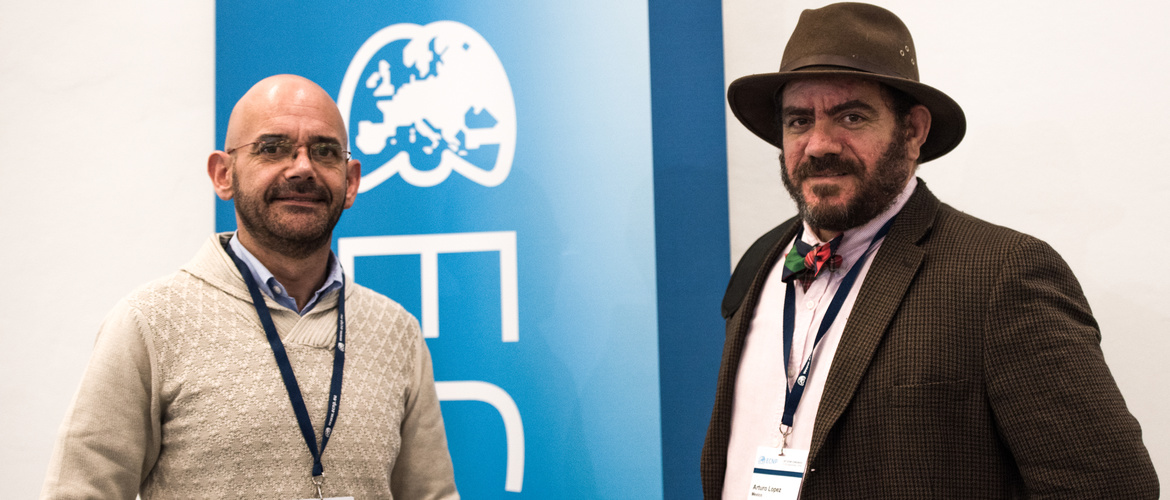
Choose a channel
Check out the different Progress in Mind content channels.

Progress in Mind

Dr Lopez, from Mexicali, and Dr Maradiaga, from León, described their experiences of treating depression in their respective private practices in México during the 2016 ECNP congress in Vienna. While their approaches were broadly similar, some interesting differences also became apparent.
For Dr Maradiaga, the pharmacology and advances in the therapies available were cited as significant advances that had been made in the past 30 years. In addition to this, Dr Lopez included dual and multimodal approaches to patient therapy as major breakthroughs.
Sometimes you become a companion in their suffering.
The attainment of remission using pharmacological intervention alone was being seen in 70% of Dr Lopez’s patients. In the remaining 30% of patients, psychotherapy was added to pharmacotherapy to better help patients achieve remission. However, co-morbidities such as stress, anxiety, addiction, personality disorders and post-traumatic stress disorder often made the attainment of remission very hard to achieve. As he stated, you try everything to help the patient but in some there are very small gains and sometimes you become a companion in their suffering.
Dr Maradiaga broadly agreed. In his clinic, he was able to attain remission of symptoms, such that patients could function and socialize as well as anyone else, in approximately 60% of patients. However, he, too, had a small group of maybe 5% on patients for whom nothing seemed to work. In such cases, he would suggest the patient undergo genomic testing for optimal selection of the most suitable pharmacotherapy. It is an expensive test, but in non-responders it is one way to ensure the patient receives the therapy with the greatest chance of success.
Use of all the little, everyday things helps give hints as to how a patient is progressing.
Both clinicians looked for cognitive symptoms in their depressed patients. Dr Maradiaga compared cognition before and after therapy both directly, by interviewing the patient, and indirectly, by interviewing their spouse or carer. Simple questions like asking whether patients could read a book or watch a movie can help ascertain whether cognition was deteriorating or stabilizing.
Dr Lopez principally used clinical interviews and acute observation to ascertain cognitive function. How the patient talks, responds to questions, their attentiveness, is their memory span poor allows an idea of the patient’s cognitive abilities to be made. Use of all the little, everyday things helps give hints as to how a patient is progressing.
Our correspondent’s highlights from the symposium are meant as a fair representation of the scientific content presented. The views and opinions expressed on this page do not necessarily reflect those of Lundbeck.